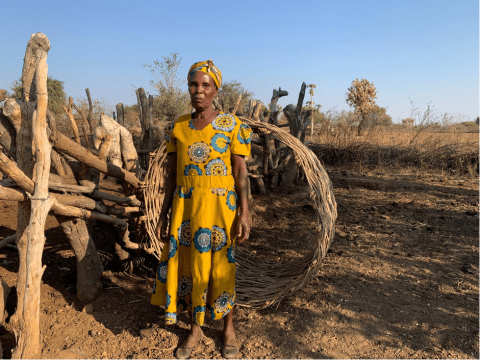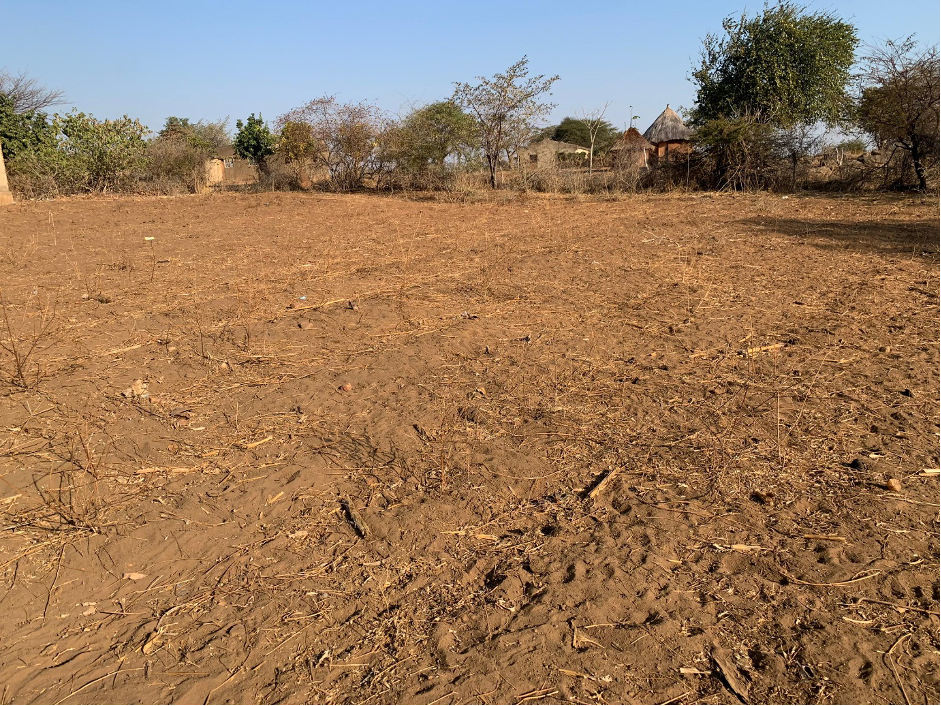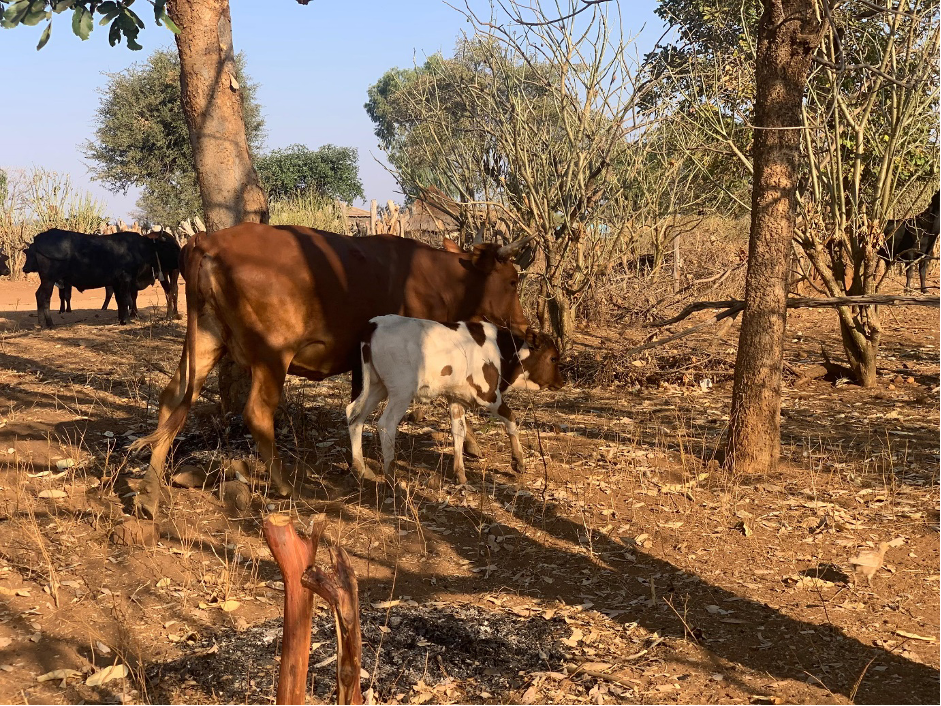Parched Harvests: The Impact of El Niño on Zimbabwean Families

By Leana Padera (Communications Intern)
The El Niño-induced drought has heavily affected families who are grossly dependent on subsistence farming in Zimbabwe and other several countries in Southern Africa. One of its major effects among many is its impact on food security. Families are fighting to survive under the dire circumstances, facing shortages of food, and diminishing crop yields. The drought has not only jeopardized their immediate access to nourishment but has also strained their economic stability, worsening their struggle to secure a sustainable livelihood.
There are 7.7 million food insecure Zimbabweans in both rural and urban areas according to the Zimbabwe Livelihoods Assessment Report (ZIMLAC) 2024 Reports. 4million people are exposed to the risk of water borne diseases including cholera and typhoid due to the scarcity of water and significant water rationing in urban area and 2.5 million people have water need priority.
Violet Mudzemba (74) a grandmother of three is among the numerous individuals affected by the El Niño-induced drought in Chomutukutu village in Rushinga District, Zimbabwe. Her family depends on subsistence farming for their livelihood. However, this climatic crisis has greatly hindered their capacity to cultivate and harvest crops.
Mudzemba and her family used to generate income by cultivating crops like sunflowers, maize, millet, and peanuts. She reminisces about the days when the surplus from her produce could sustain her family, selling peanuts for $5 per bucket, sunflowers for $4 per bucket, and millet for $6 per bucket. The profits from these sales were enough to support her family, but this situation has now changed.
“This year, we didn’t harvest anything because of the lack of rainfall, and this has greatly impacted our ability to earn money as we used to,” said Mudzemba, her voice heavy with emotion.

Under the relentless sun, the once-vibrant field lay desolate, its parched soil cracked and barren. As Mudzemba trudged through the field, she described the impact of the drought on her land.
“This field,” she said, “was once thriving and full of life. Now, it’s just a vast plain of dust and dead plants.”
Mudzemba continued to describe how their eating habits have also changed as a result of the El Nino induced drought.
"From three meals a day, we have cut back to just one meal a day, and it's often just whatever we can find," she explained. "Sometimes it's just a small portion of maize porridge, I never thought I’d see the day when we would struggle for food”.
To make ends meet, Mudzemba now relies on financial support from her children who live in urban areas, a shift from her former self-sufficiency.
“My children occasionally send me money for groceries,” she said, “but I am aware that this is also putting a strain on them, as they have their own families to care of.”
Mudzemba is not alone in her struggle. Families across the region are selling their livestock and enduring hardships to cope with the crisis.
